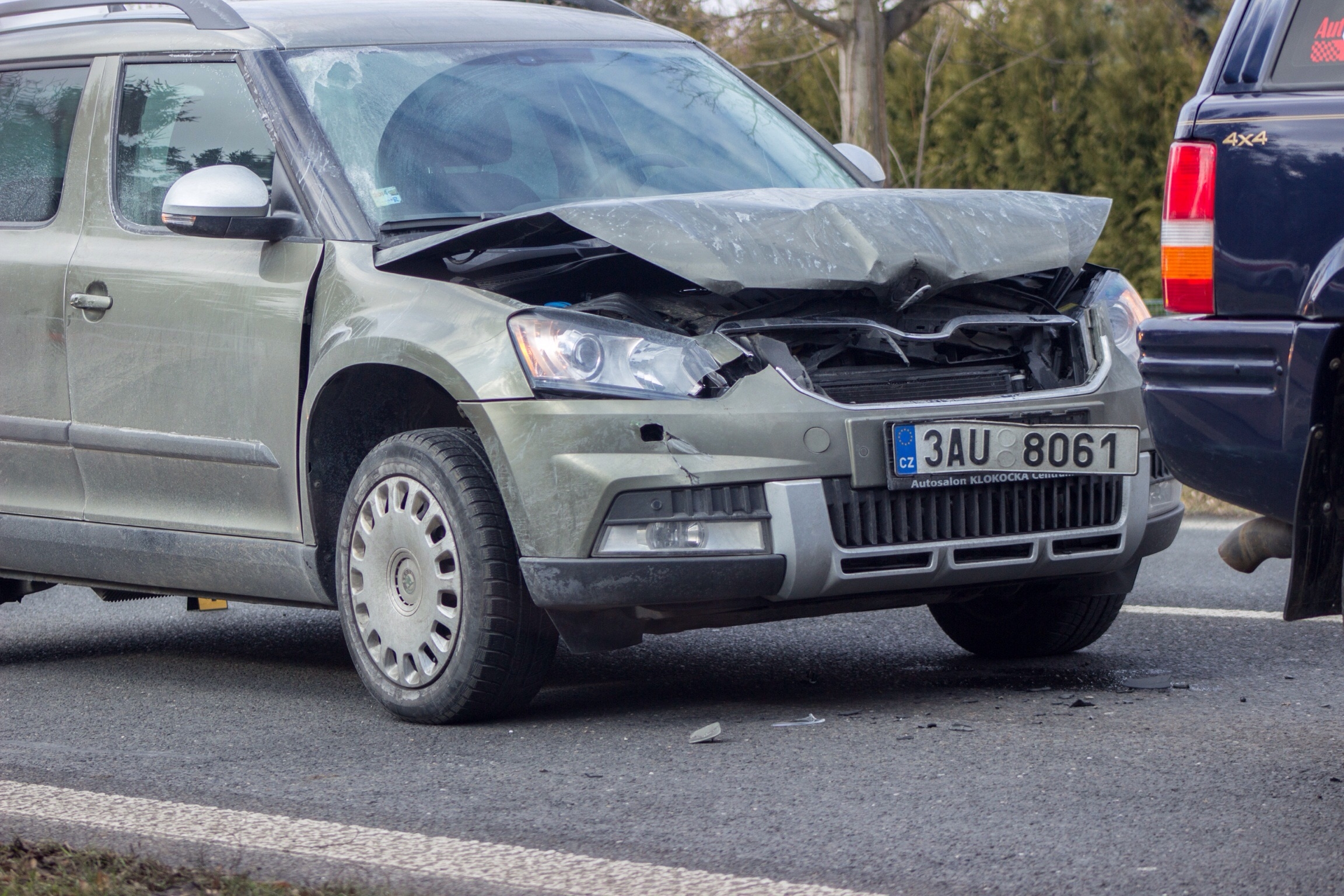Using eCall to make roads better and safer
If we can’t exploit eCall for making roads better, what hope do we have for self-driving vehicles?” Unjumbling vehicle accident data will lead to more lives being saved on Europe’s roads and have traffic management benefits, say the founders of an award-winning new solution.
The UK start-up VESOS Solutions Limited recently won two prestigious awards for its new “TeCall” service that filters and processes the increasing volumes of eCall data becoming available across Europe, to improve the response times for emergency services and road operators in dealing with collisions and stopped vehicles.
The ITS UK Award for best Connected Vehicle project follows VESOS winning the UK Department for Transport’s Chief Scientific Adviser’s Award for the ‘most innovative proven idea’ for the Transport Research and Innovation Grants (TRIG) 2022 programme, delivered by Connected Places Catapult on behalf of the Department for Transport (DfT).
TeCall ensures only genuine and validated eCall data is presented to emergency services and road operators, with false alarms filtered out and data then presented automatically into emergency Control Centre systems.
Using eCall data better addresses the problem that the number of people killed and seriously injured on UK roads is no longer falling
What is eCall?
Using eCall data better addresses the problem that the number of people killed and seriously injured on UK roads is no longer falling and around 42% of fatalities are still from single vehicle crashes, often in rural areas. Quickly locating such "run offs" and so responding faster reduces their severity - saving lives, costs to the economy, grief and suffering. And even for collisions with no injury or breakdowns, electric vehicles need specialised equipment. Occupants of wheelchair-accessible or heavily adapted vehicles might be trapped, too. In addition, the risk of stranded vehicles on smart motorways means that road users lack confidence, delaying deployment. Similar problems exist across Europe.
eCall has been legally required in all UK and European cars and vans since 2018, with over 30% of vehicles on the UK’s roads now equipped with the system. When activated, either automatically by sensors such as airbags, or by pressing the "SOS" button, a voice call is made to an operator who asks if emergency assistance is required. About 200 such voice calls are currently passed to emergency services every day in the UK.

eCall has been legally required in all UK and European cars and vans since 2018, with over 30% of eCall-equipped vehicles now on UK roadsLess well known is that eCall also sends a packet of data designed to speed up responses and tailor interventions, such as vehicle location, identity, and fuel type. This data was originally conceived by emergency services to find "lost" vehicles that have run off the road, as well as locating stopped vehicles that risk further collisions. This data is currently poorly used in the UK in 112/999 operations as it is not well understood and complex to access. What is required is better awareness and integration so emergency services can quickly see the currently hidden eCall data and use it operationally.
eCall also sends a packet of data designed to speed up responses and tailor interventions, such as vehicle location, identity, and fuel type

How does TeCall make roads safer?
For this more effective operational use, eCall data needs processing and filtering in a General Data Protection Regulation (GDPR)-compliant way - identifying the road and direction, removing false alarms and turning a 'jumble' of data into useful information (eg, vehicle make and model).
The VESOS "TeCall" concept does this.
Thanks to the UK Department of Transport’s TRIG funding, VESOS built a proof of concept TeCall service to harvest eCall data from a test unit (as setting off airbags in real life is a challenge). This processes and filters eCall data and sends an alert about a crash or call for help within 7 seconds of the call’s arrival.
VESOS have a wide interest in TeCall and have demonstrated it to many road operators and 112/999 services, as well as providers of emergency services communication systems and advanced traffic management services who can exploit the TeCall innovations now developed.
VESOS was set up by four international experts to make the most of the eCall data now becoming available across Europe and, indeed, globally. Danny Woolard, Andy Rooke, Andy Graham and Alan Gentle bring a mix of telematics, connected vehicle, road safety and IT system development, as well as a long-term involvement in eCall development and deployment across Europe.

TeCall has been demonstrated to many road operators and 112/999 services, as well as providers of emergency services communication systems and advanced traffic management services who can exploit the innovation
Independent road safety campaigner, Meera Naran MBE, whose eight-year-old son Dev died in a motorway collision on the M6 in 2018, said “This innovative and evidence-based solution has provided a real opportunity to focus on the post-crash care element of the safe system. eCall plays an essential role in the event of a collision, where there is no doubt that every second counts. Losing a loved one is devastating, and this is an additional layer of safety that could help save lives. A win for VESOS and one giant leap for the future of road safety.”
Loading component...
Get up to speed on the mobility industry - our newsletter straight to your inbox!



